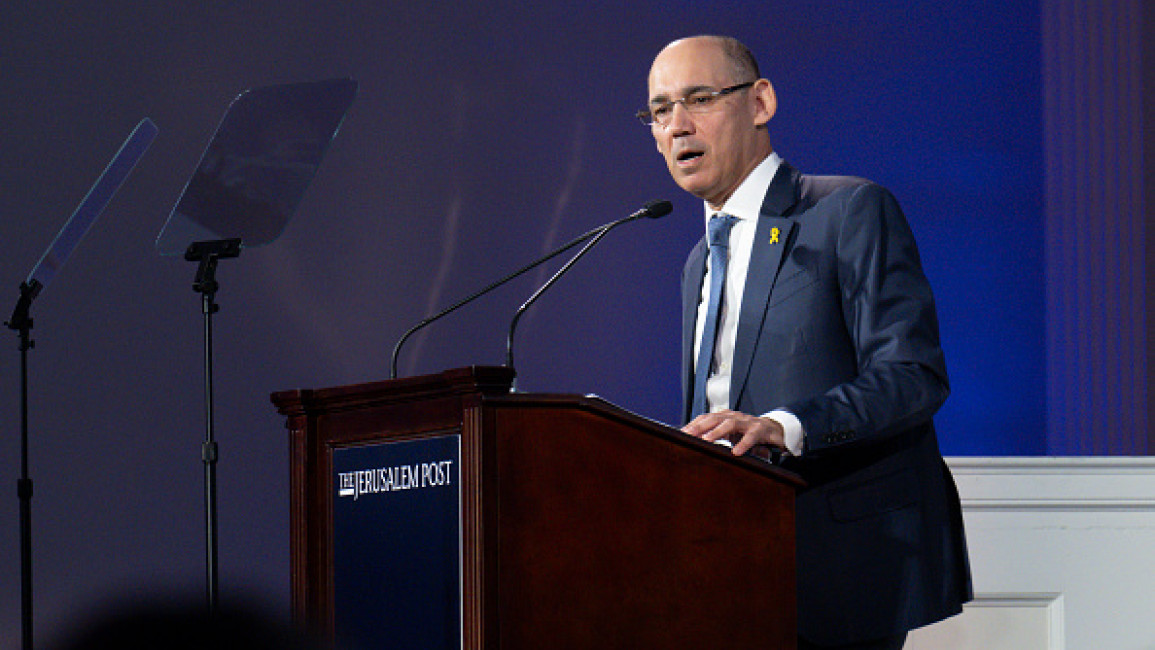Israel central bank chief calls on Netanyahu to get moving on 2025 budget
Israeli central bank chief Amir Yaron has called on Prime Minister Benjamin Netanyahu to speed up the process of debating and approving the 2025 state budget, saying financial markets were seeking responsible fiscal policy even during a time of war.
In a letter to Netanyahu seen by Reuters on Tuesday, Yaron said the security situation of more than 10 months of war requires the government to maintain 2024 budget frameworks and promote a 2025 budget.
These are "critical to preserving the stability of the economy and strengthening the reputation of the Israeli economy," Yaron wrote.
A month ago, Netanyahu, Yaron, Finance Minister Bezalel Smotrich and senior finance ministry officials met for their initial high-level meeting on the budget that is slated for approval by year end.
Yaron in the letter noted that Netanyahu decided another meeting would be made and budgetary adjustments would be discussed. "Several weeks have passed since then, and ... I see great importance in scheduling a follow-up meeting to advance the budget process," he wrote.
Israeli media have speculated that Netanyahu was delaying the budget to ultimately lead to new elections, since failure to pass the budget by 31 March, 2025, would automatically trigger elections.
Netanyahu's office declined to comment.
Last week, Fitch lowered Israel's credit rating, following similar action in recent months by S&P and Moody's, citing worsening geopolitical risks as the war in Gaza drags on. It kept the rating outlook negative, meaning a further downgrade is possible.
Yaron said that while the downgrade was partly due to the security reality, but also reflects "an assessment of the management of current economic policy and puts emphasis on future policy."
He said the ratings cuts reinforce the need to promote the budget, which would reduce uncertainty in the markets and contribute to economic stability.
Israel's war on Gaza has cost over 40,000 Palestinian lives and is in danger of expanding throughout the region.
Israel's budget deficit reached 8.1% of GDP in July, but Smotrich has expressed confidence it will move back towards its 6.6% target for 2024 by year end. Before the war the deficit target was 2.25% of GDP.
Spending on the war has topped 80 billion shekels ($22 billion) and investors are watching to see if Smotrich has the political will in the coalition of right wing and religious parties to make big fiscal adjustments.
(Reuters)







 Follow the Middle East's top stories in English at The New Arab on Google News
Follow the Middle East's top stories in English at The New Arab on Google News

![Israeli troops Lebanon [Getty]](/sites/default/files/styles/image_330x185/public/2175253339.jpeg?h=a5f2f23a&itok=OAKHr8q-)
![Donald Trump [Getty]](/sites/default/files/styles/image_330x185/public/2183218031.jpeg?h=a5f2f23a&itok=qm9RQCxq)